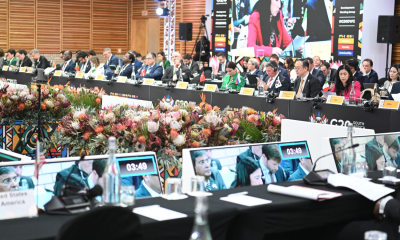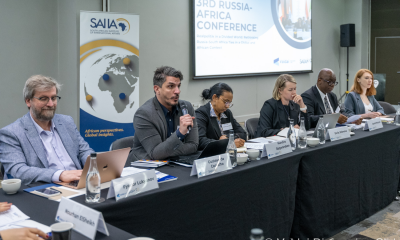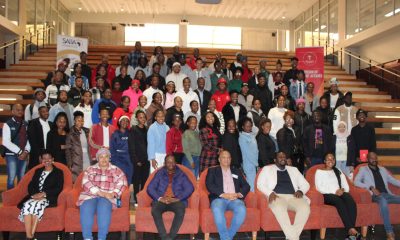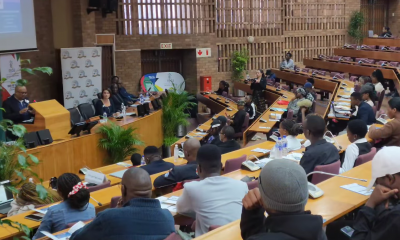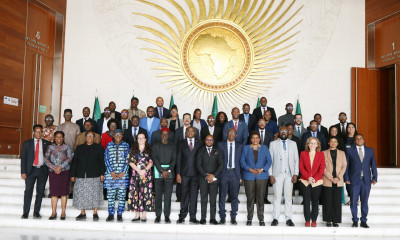Civil society organisations (CSOs) in Southern African countries see rapid climate change, overweening executive power and a lack of accountability among the major governance challenges facing the region. They also highlight that a fundamental way to strengthen democracy is to give citizens the space to be critical of their governments and participate actively in seeking solutions to national and regional problems. These ideas emerged on 3-4 June 2025 at a workshop entitled “Engaging Civil Society in the APRM Process: Lessons from Southern Africa” hosted by the South African Institute of International Affairs (SAIIA) and the African Peer Review Mechanism in Irene, outside Pretoria. The workshop emphasised the fundamental roles that CSOs can and do play in the APRM.
- Read the APRM workshop report here.
Building on over two decades of experience, SAIIA has been working with CSO coalitions in seven Southern African countries to co-create written submissions for the APRM, Africa’s premier governance measuring and promotion instrument. This workshop convened anchor organisations from Botswana, Lesotho, Malawi, Namibia, South Africa, Tanzania and Zimbabwe as well as student leaders, academics and researchers, and senior APRM Secretariat staff. It analysed lessons from both the process that had unfolded in each of these states, as well as the content of the submissions produced.
Celebrating the first anniversary of her tenure, the chief executive officer of the APRM, Ambassador Marie-Antoinette Rose Quatre, recommended that this type of workshop be convened in other African subregions to strengthen the participation of CSOs in the APRM. She also committed to working more closely with CSOs and commended SAIIA for the innovations of its youth submission, developed in South Africa with over 200 young people right across the country. She said, “This is a timely discussion and we need to sit and listen to frank and honest comments.”
Professor Migai Akech from the University of Nairobi criticised the APRM for being dominated by the National Focal Points Committee, drawn from participating governments. He urged civil society to platy a bigger role in commenting on country reports and in holding governments accountable for the implementation of remedies. He also called for APRM to institutionalised through law, so that incoming governments could not simply ignore their commitments. Agreeing with the last point, Thulani Tshefuta, the former chairperson of South Africa’s APRM National Governing Council, spoke about the discontinuity that had affected South Africa’s APRM. This was partly attributed to frequent changes of ministers in the Department of Public Service and Administration, which leads the national APRM process. He also reiterated the critical role that young people can play in governance discussions and deliberations. Various civil society representatives spoke about how the APRM had helped galvanise CSOs that worked under difficult conditions, including under regulations and laws seeking to shrink civic space. Compiling the submissions had brought disparate CSOs together on a common project. They agreed that more needed to be done with the submissions once they had been published.
Ultimately, the workshop stressed the need for citizens and their CSOs to demand better governance from their governments and to be serious in their efforts to hold them to account.
Read the APRM country reports
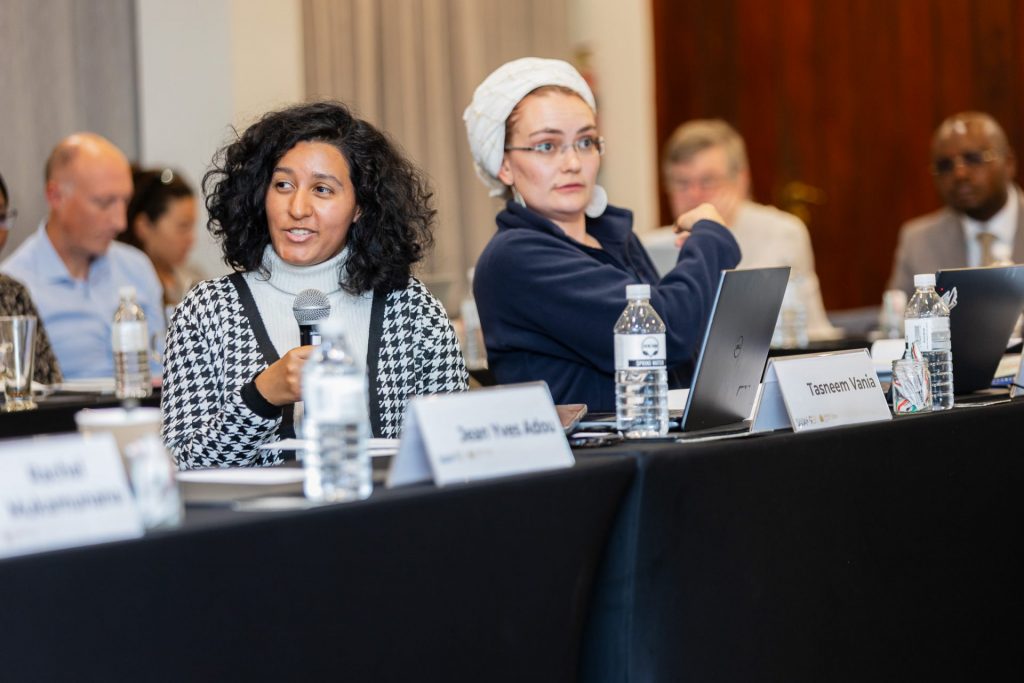
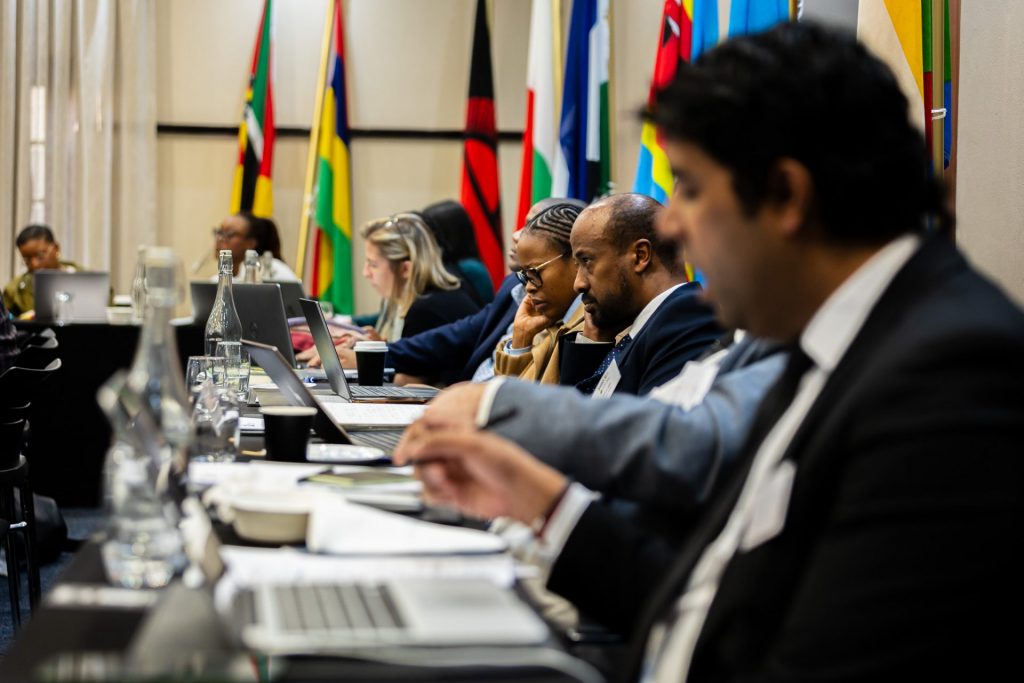
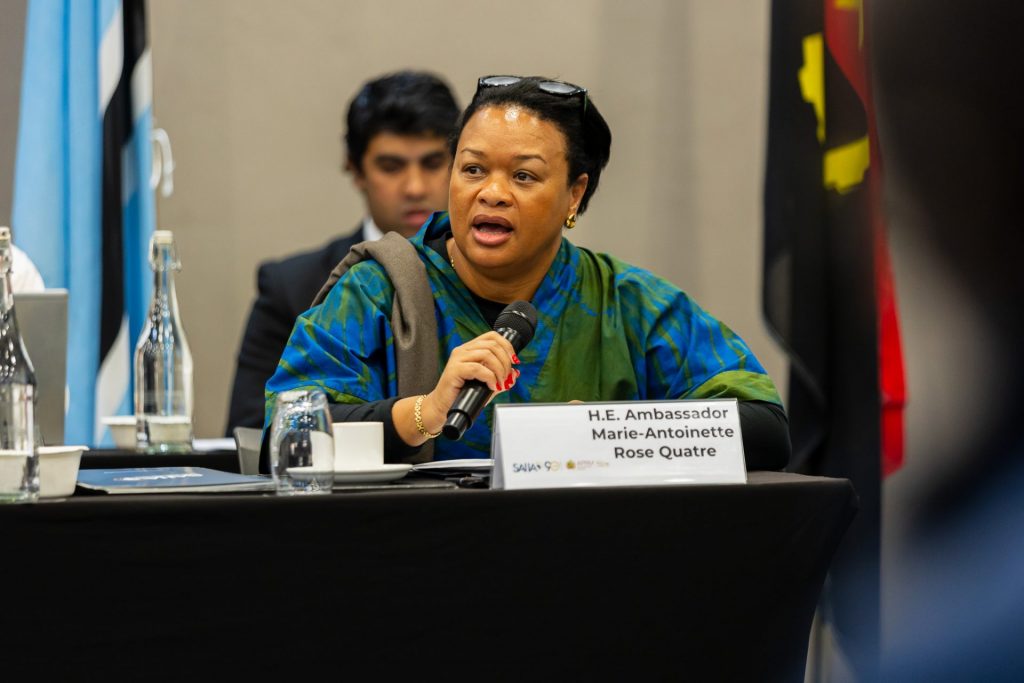
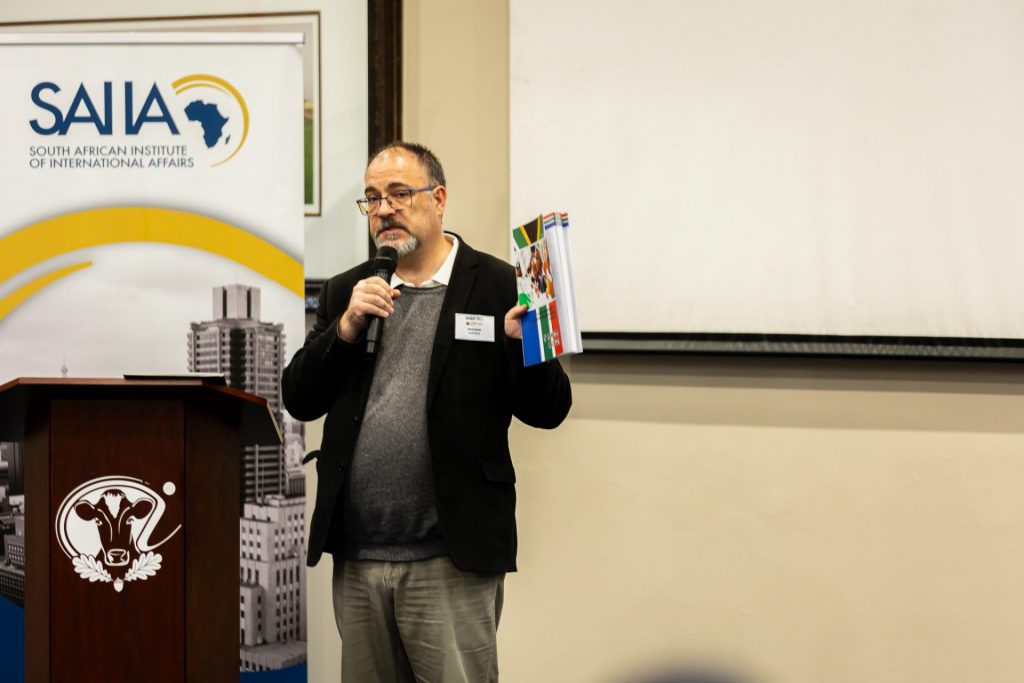
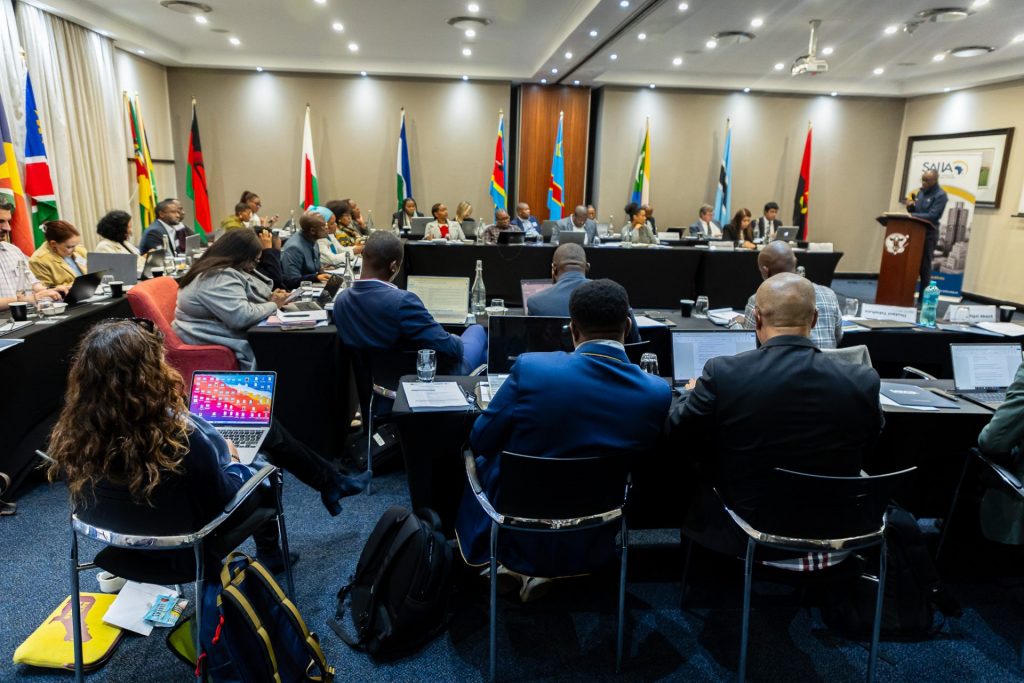
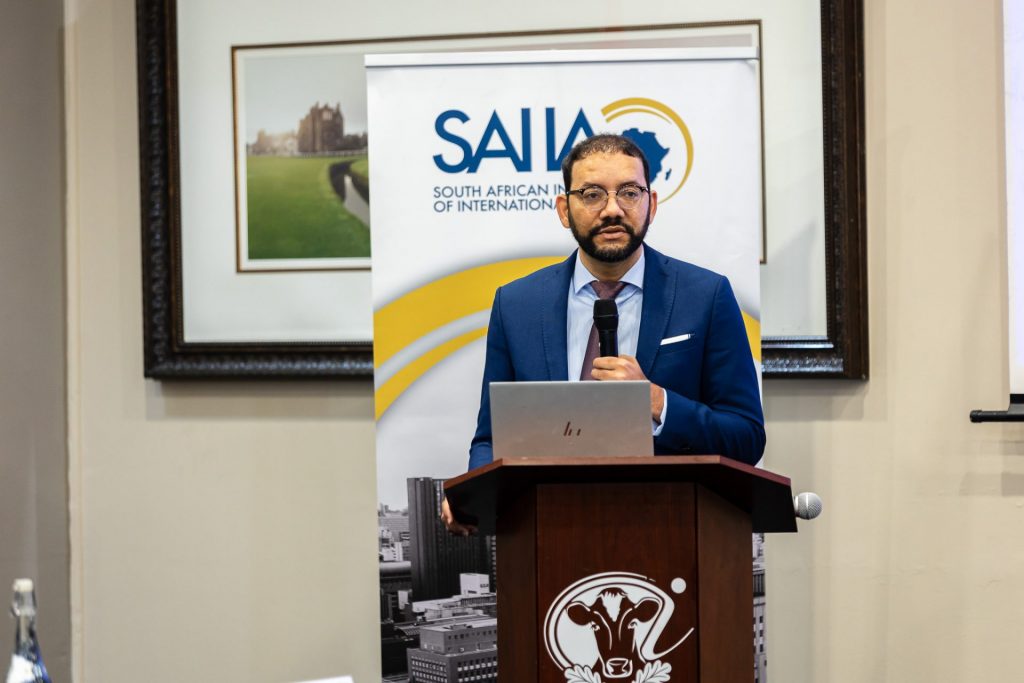
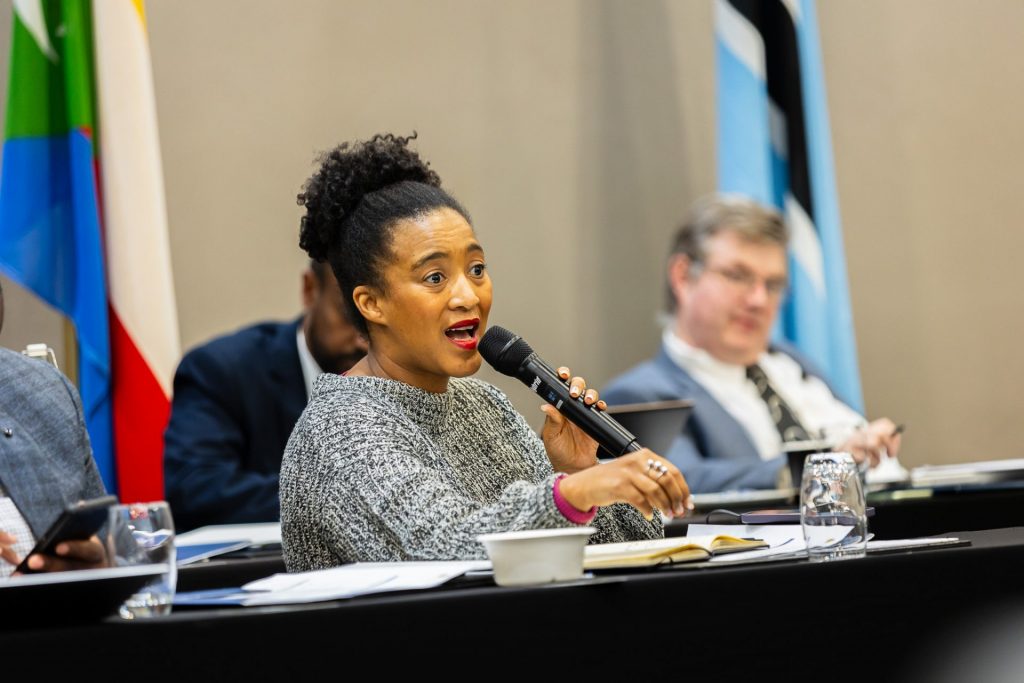
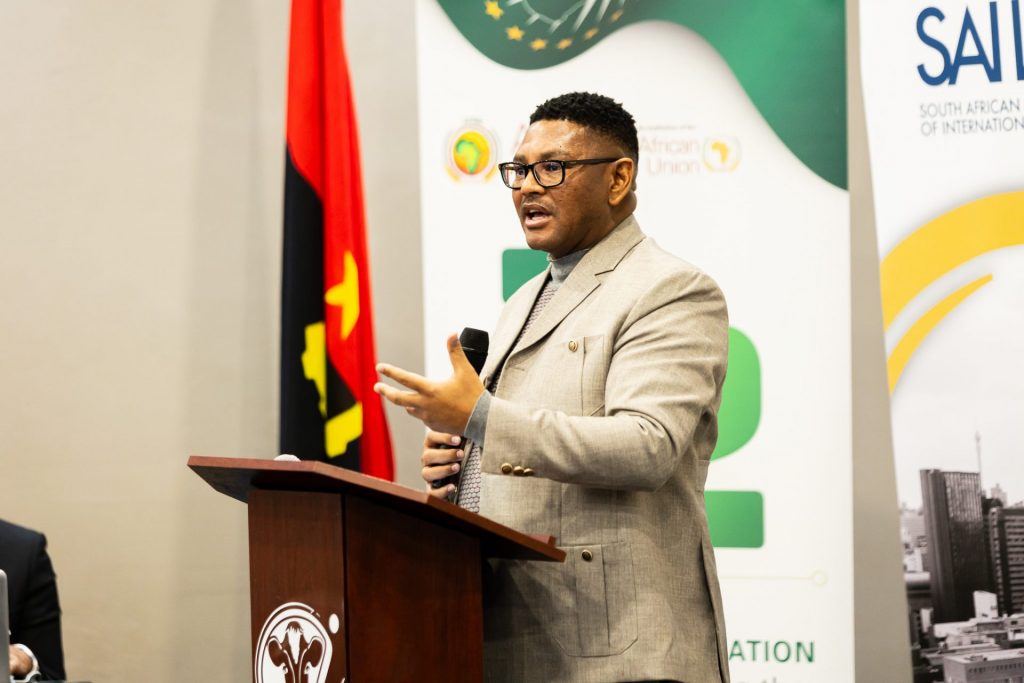
Images: David Bule, Bulevard Productions



